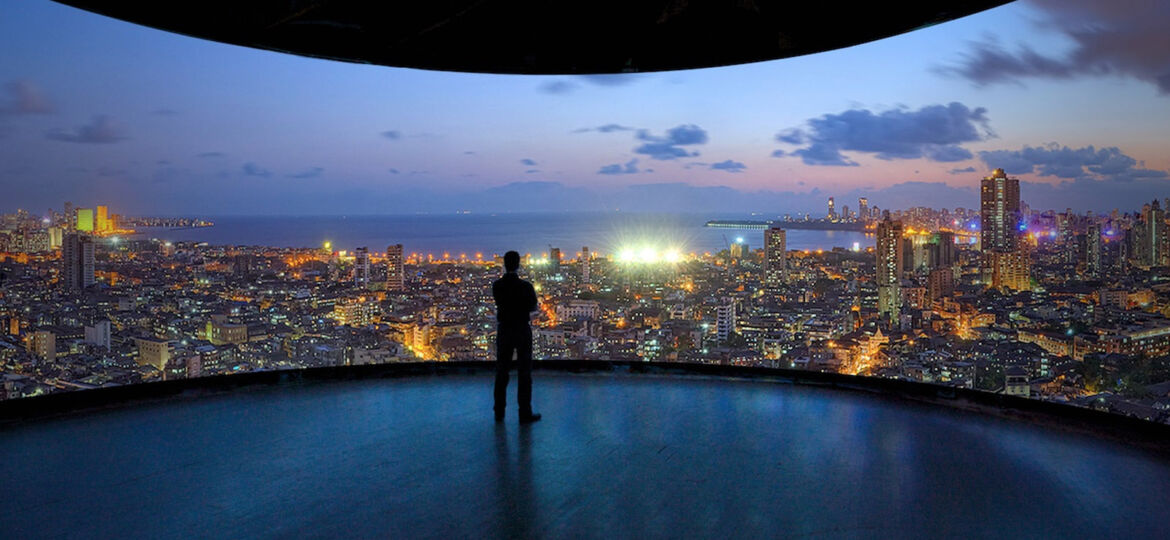
WHY THIS MATTERS IN BRIEF
The way we interact with technology is changing. We are slowly moving away from using keyboards and mice to using a mix of new technologies that will immerse us in new worlds and imbue us with new, vibrant experiences.
There is no doubt that technology has rapidly developed since the dawn of computing but the ways humans interface with it have largely remained the same and despite all of today’s amazing technologies we’re still pretty much shackled to keyboards and mice.
Where are the computers we can control using our brains? Or the 3D, immersive holographic systems that we can flick through using simple gestures, or natural language? Arguably the only significant change over the past decade has been the invention of the touch screen.
A new study released by Juniper Research suggests that we are on the cusp of a paradigm shift though. The study posits that by 2020, “there will be as many as 492 million motion and gesture-tracking devices,” and the report goes on to say, “gesture and motion control will become vital for certain forms of human computer interaction in the coming years.”
That said though while analysts are often quite good at spotting future trends they’re almost always awful about the timing of them. Take Virtual Reality (VR) as a case in point – most analysts said that 2016 would be “The year of VR” and while there have certainly been some great advances we’ve by no means seen any form of significant societal adoption which, it could be argued, is still a decade away.
That’s because culture, and regulators it also has to be said, always lag technology. For example, if it wasn’t for the regulators you could go out and buy a self-driving car today – albeit that they’re still relatively expensive but over time they will become more affordable. And culturally it’s going to take time for people to “get their head” around the technology – giving up control in this case, and overcome their fears or preconceptions until they finally succumb.
Back to the report though. The beginnings of this particular trend can be traced back to the gaming industry that first introduced people to gesture control, via devices like the Microsoft Kinect, and, more recently, Augmented Reality (AR), thanks to the Pokemon phenomenon, and VR. Despite that though many people still see this new form of interaction as a novelty rather than a serious tool that can be used in everyday life, or in the enterprise.
However, things, over time, change. The content and devices become better, they become more affordable and more accessible. And slowly more and more people adopt it until one day it’s the new normal.
Today Generation Y and Z are the generations most likely to embrace being “immersed” in these new gesture controlled, AR-VR fuelled worlds and with companies like Nvidia building “VR” ready headquarters and more and more companies, such as Sony, Oculus and crew creating award winning VR shorts it’s inevitable that the flip will come but don’t expect it to happen over night.

















Interesting, something me to think about for the gen y and x and z leadership discussion at Business Rocks
‘Novelties’ like Pokemon Go shift perceptions in an amusing and (profitable) short term way I agree… but the perception and so, the expectation has permanently been changed.